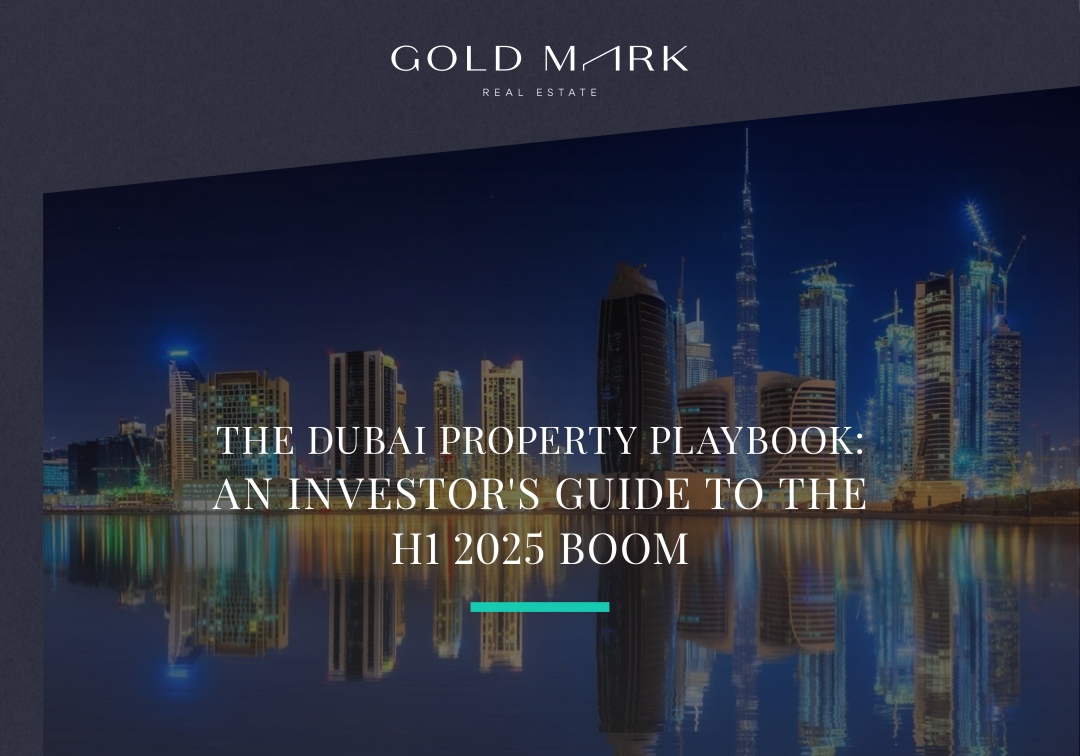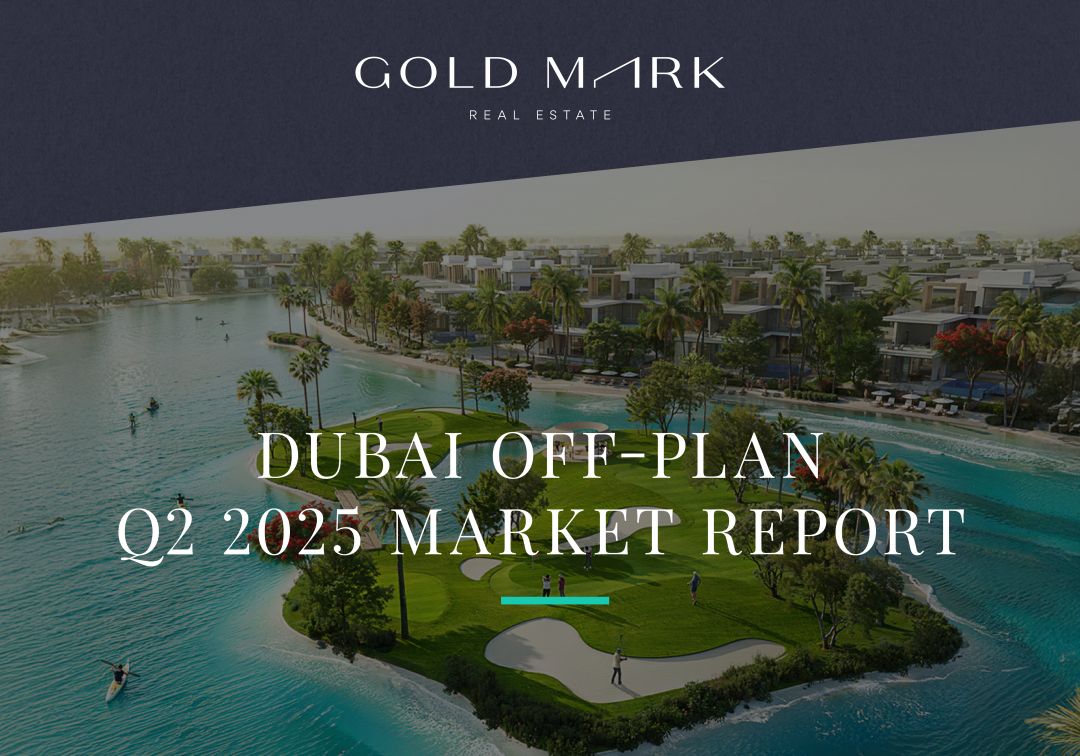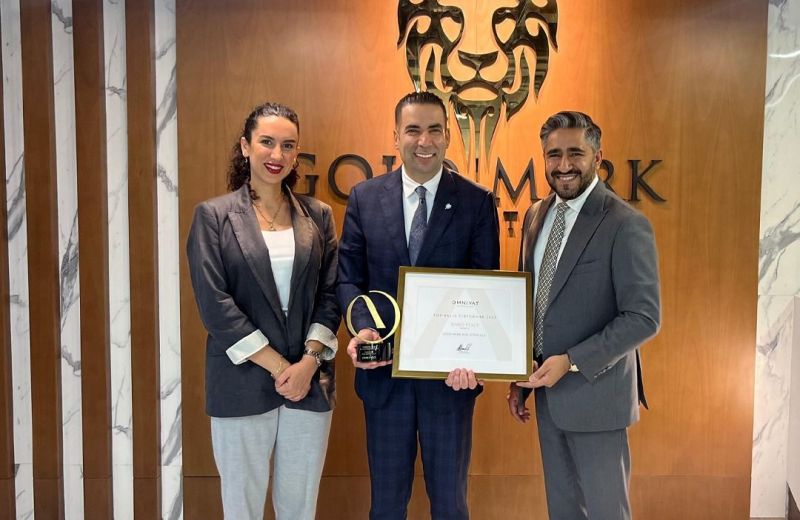Article 84
The Distinction between Freehold and Leasehold
As Dubai continues to captivate investors and expatriates alike with its modern skyline, vibrant culture, and thriving economy, understanding the nuances of property ownership is essential for making informed real estate decisions. One fundamental aspect to grasp is the difference between freehold and leasehold properties in this dynamic city.
Freehold Properties
Dubai's emergence as a global hub for business and leisure has led to the development of various freehold property projects. The term "freehold" signifies complete ownership of the property and the land it's built on. Owners have the right to use, lease, sell, or even bequeath the property to their heirs without limitations. This sense of ownership provides investors with long-term stability and potential appreciation, making it an attractive choice for those seeking a lasting connection to the city.
Leasehold Properties
Conversely, leasehold properties grant buyers the right to own the property for a specific period, typically ranging from 30 to 99 years. While the lessee enjoys the same benefits as a freehold owner during the lease duration, ownership ultimately reverts to the lessor once the lease term concludes. Leasehold arrangements often exist in specific zones designated by the government, adding a unique dimension to Dubai's property landscape. This option suits those who prioritize temporary residency or short-term investment opportunities.
Key Considerations
When navigating the choice between freehold and leasehold properties in Dubai, several factors come into play:
- Long-term Goals: Determining your investment horizon is crucial. Are you looking for a permanent home or a limited-time investment?
- Flexibility: Freehold properties offer greater flexibility for ownership and usage, while leasehold properties cater to those looking for temporary arrangements.
- Location: Consider the location's development potential, as well as the area's significance within the city's growth trajectory.
- Legal Implications: Ensure you fully comprehend the terms, conditions, and legalities of both freehold and leasehold contracts.
- Resale Value: Freehold properties often exhibit higher resale potential due to their perpetual ownership nature.
Dubai's real estate landscape accommodates a diverse range of preferences through its freehold and leasehold options. Whether you're seeking a permanent residence, a rental income stream, or a short-term investment, understanding the distinction between these property types empowers you to make sound decisions aligned with your financial goals and lifestyle aspirations.
Remember, each individual's circumstances are unique. Engaging with experienced real estate professionals can provide invaluable insights that help you navigate the vibrant tapestry of Dubai's property market effectively. Happy investing!
Another Milestone Achieved!
May 31, 2024
Contact info
- Control Tower, Motor City
- Office 1403, P.O. Box 644919
- +971 4 558 4803
- +971 56 415 0007
Stay connected!
Copyright © 2026 Gold Mark Real Estate LLC. Powered by www.goldmark.app








